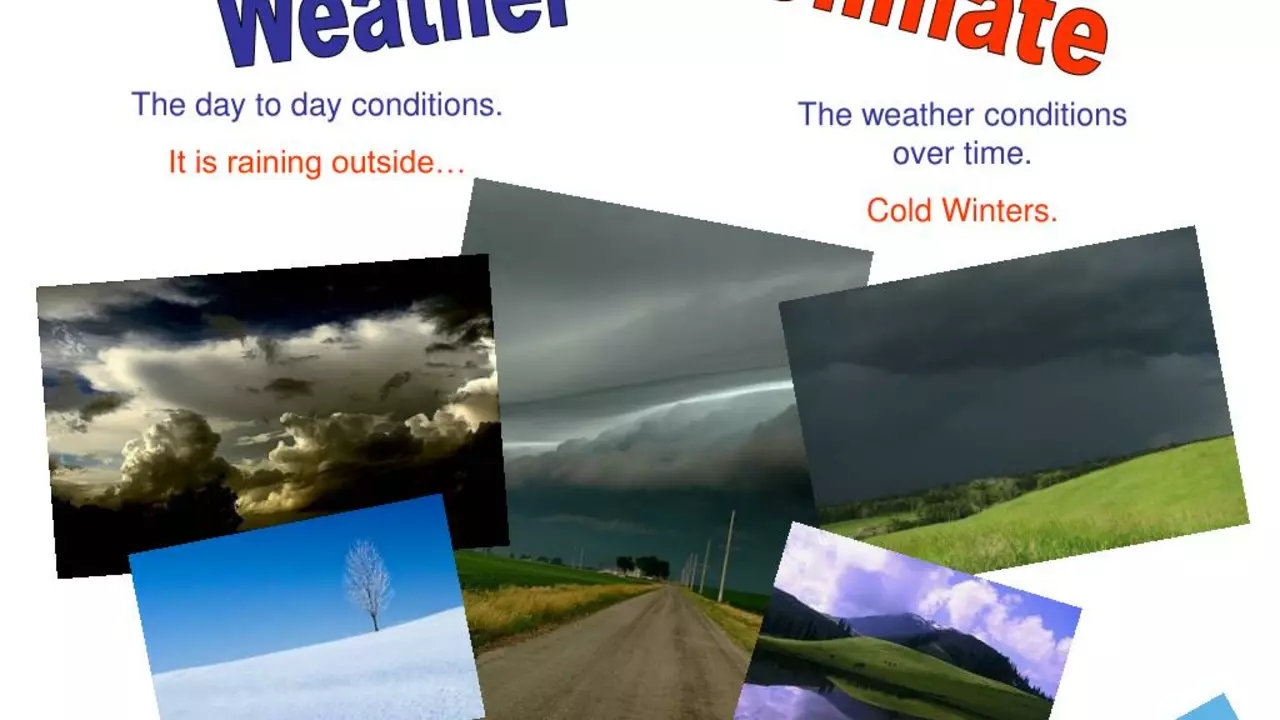Setting the Scene: Softball and the Rain
Picture this if you can: You're at the park, gloves and bat in hand. It's a perfect day for a game of softball. The sun is shining and there isn't a cloud in sight. But luck isn't always on your side, and suddenly those fluffy white clouds turn a darker shade and it begins to drizzle. Many of us may find ourselves in this situation, debating if the love for the game outweighs the inconvenience of playing in the wet circumstances. I, Caden, have had this experience myself and can tell you from experience, it's a debacle. But the question persists, can we actually continue playing softball in the rain?
The Rules: Official Stand on Softball and Rain
First and foremost, let's pull out that rulebook. According to the Amateur Softball Association (ASA), the largest governing body for the sport, playing in a light rain doesn't necessarily mean the game should be cancelled outright, but it does rely on a few factors. Variables such as the intensity of the rain, field conditions, and player safety are all crucial factors that should be considered by the umpire. Not to become a killjoy, but safety always outweighs a good game.
Player Safety: A Key Consideration
Player safety should always be the paramount concern. When it rains, the field can become muddy and slippery, creating hazardous conditions. 'Slip, sliding away' seems fun in a song lyric, but when you slide unexpectedly while pitching or running to a base, it can result in injuries ranging from minor bruises to major fractures. Even the most competitive among us should choose a dry game over a trip to the emergency room. Remember, it's ultimately just a game and your well-being matters the most.
View of the Umpire: Assessing the Game Condition
It's the umpire’s duty to assess the game conditions. In a situation where it starts to rain, the umpire will need to evaluate whether it's safe to continue. Variables such as the intensity of the rain, visibility, and field conditions are all considered. Sometimes, even if it's only a light drizzle, the game might still be called off if the field conditions deteriorate. Imagine trying to make a game-turning catch in the outfield, only for your feet to slide in the mud. Give our umpires a break, they're doing what they can to make sure everyone gets to enjoy the game safely!
Gameplay: Understanding the Effect of Rain on Softball
Ever tried playing softball in the rain? It quite changes the dynamics of the game! The rain can alter the momentum and strategy. From the heaviness or slipperiness of the ball, to your grip on the bat, and even your footing as you sprint around the bases, the rain can really throw a wrench into the game. The usual tactics may not apply and it becomes a whole different ball game in the real sense. You often need to adjust your strategies and techniques on the fly. Sometimes it can be a fun challenge, but remember the potential risks involved!
Field Maintenance: Preserving the Grounds
Our focus tends to be on the players, but it's also important to consider the damage rain can do to the field. Heavy rain can cause significant waterlogging, potentially ruining the field for future games. It takes an entire team of ground-crew members to fix up the field post-rain, and sometimes, despite all efforts, the field might not recover well. Hence, stopping play during downpours is often a prudent decision to maintain the quality of the grounds.
Magnifying the Fun: Enjoyment in the Rain
Now, I’ve been focusing on the challenges and potential pitfalls of playing softball in the rain. But let's flip the coin now. Some players surprisingly find playing in the rain refreshing and immensely enjoyable. The rain adds a bit of unpredictability and can really spice up the game. You're not only playing against your opponents but also battling the weather and this can sometimes magnify the fun and excitement. But remember, utmost safety should be followed at times.
Making the Decision: To Play or Not to Play
Ultimately, the decision to play or not to play softball in the rain is a careful balance between safety, enjoyment, and practicality. If the rain is light and the field conditions remain good, the game can go on. If the conditions worsen, it's best to take a rain check. Don't be disheartened if you have to pack up your bats and gloves. After all, rainy days are just nature’s way of adding a little spontaneity into our organized sport schedules. And who knows, the rain delay might give you a chance to take part in those essential team bonding activities off the field!
